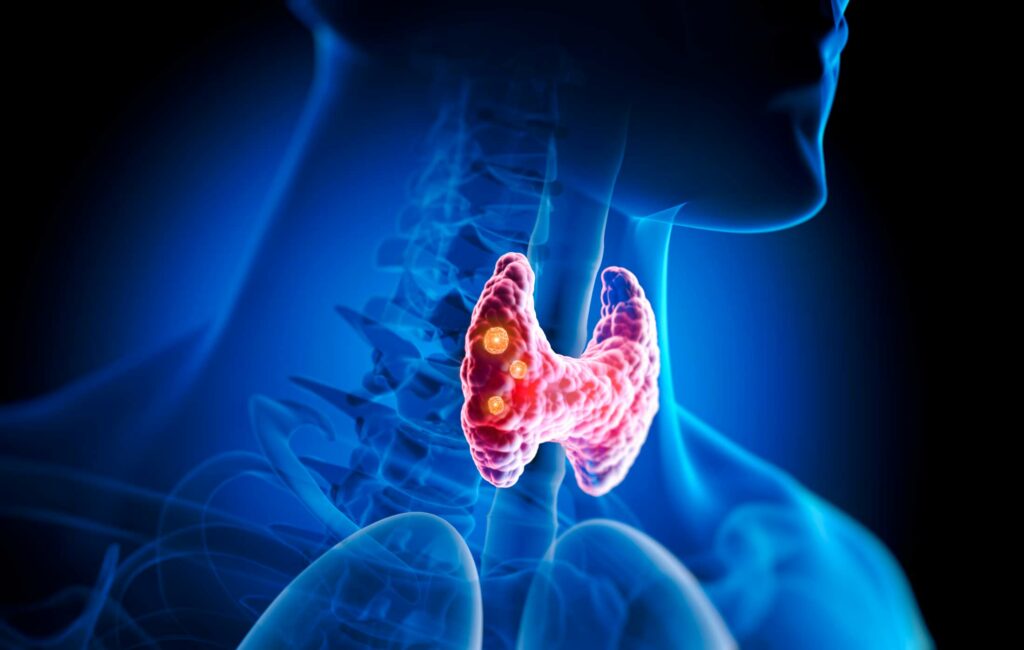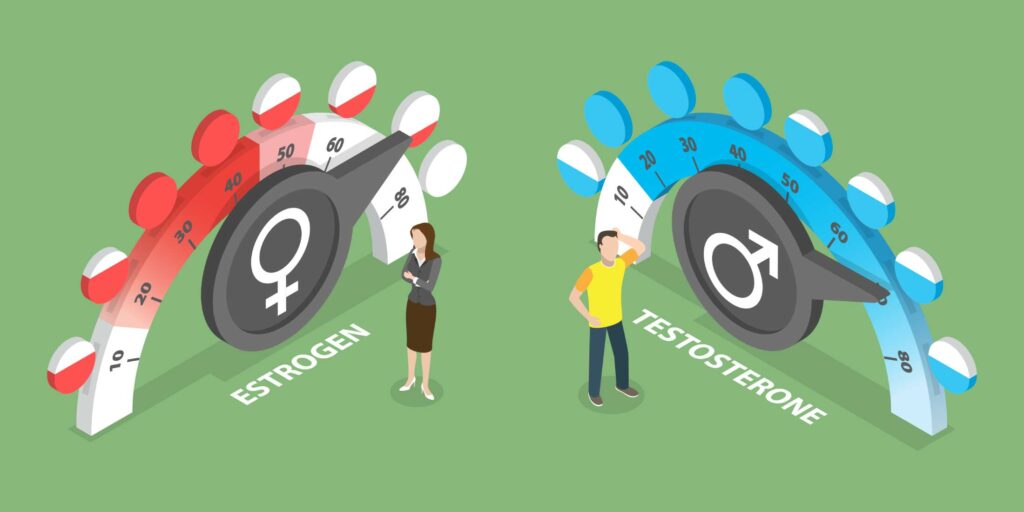Our clinic specializes in
Treating Endocrine Disorders with Functional Medicine
The endocrine system is made up of multiple organs that produce hormones. Hormones are chemical messengers that travel throughout the body and carry out various life sustaining purposes. The levels of these hormones are kept under tight control by the brain so that the body can function optimally. The particular portions of the brain that help control most hormone levels are called the hypothalamus and pituitary gland together these constitute the HP axis (hypothalamic pituitary axis).
Endocrine disorders result from either the over production or under production of a given hormone. Sometimes the endocrine gland itself is the cause of the problem. Other times the gland is under- or over- stimulated by the brain (HP axis). Endocrine disorders include hypothyroidism, hyperthyroidism, diabetes, diseases of the parathyroid gland, diseases of the adrenal glands (including Cushing’s syndrome and Addison’s disease), and ovarian dysfunction (including polycystic ovary syndrome), among others.

Diabetes and Pre-diabetes
Diabetes is a metabolic disorder that is caused by an impairment in the body’s ability to produce or respond to the hormone insulin. Insulin is made in the pancreas and is responsible for controlling the levels of sugar (glucose) in the body. A person with diabetes has abnormally elevated blood sugar levels placing him/her at high risk for blindness, kidney failure, heart attacks, stroke, and lower limb amputation.
Diabetes can be either Type 1 (the body does not produce insulin) or Type 2 (the body does not produce enough insulin for proper function). Around 90% of diabetes patients have Type 2 diabetes.
Before patients develop Type 2 diabetes, it’s very common for them to have something called
“prediabetes,” wherein blood glucose levels become elevated but not into the diabetic range.
Thyroid disorders
Thyroid disorders from the over production (hyperthyroidism) or under production (hypothyroidism) of thyroid hormone. This hormone is responsible for control of bodily activities such as temperature, heart rate, and the speed at which you burn calories. Hypothyroidiism is much more common. This condition can result in weight gain, fatigue, dry skin, and hair loss
Adrenal axis dysfunction
The adrenal glands sit on top of the kidneys and make a variety of hormones including cortisol (the body’s stress hormone), aldosterone (which regulates blood pressure and electrolyte balance) and epinephrine and norepinephrine (which allow the body to react rapidly to stress).
The adrenal gland can be overactive or underactive and cause such things as fatigue, jitteriness, insomnia, immune dysfunction, and electrolyte abnormalities.
Male hormone disorders include low testosterone
Testosterone, a hormone found in higher levels in men, is in charge of the following bodily functions:
- Sex drive
- Sperm production
- Muscle mass/strength
- Fat distribution
- Bone density
- Red blood cell production
A decrease in this hormone can bring about decrease in libido, erectile dysfunction, and infertility. Lower testosterone levels can also result in decreased muscle mass, decreased body hair, tenderness in the breast tissue, effects on cholesterol metabolism, and so much more.
Female hormone disorders include menopausal symptoms
The hormone estrogen is responsible for many activities in the female body, such as sexual development for girls, the growth of the uterine lining during the menstrual cycle, the breast changes in girls undergoing puberty or pregnancy, and many more.
There are many reasons why someone could have low estrogen:
- Excessive exercise
- Eating disorders (for ex. anorexia)
- A dysfunctional pituitary gland
- Premature ovarian failure
- Turner syndrome
- Chronic kidney disease
For women over the age of 40, low estrogen production could signal that they are approaching menopause (a stage which is called “perimenopause”).


